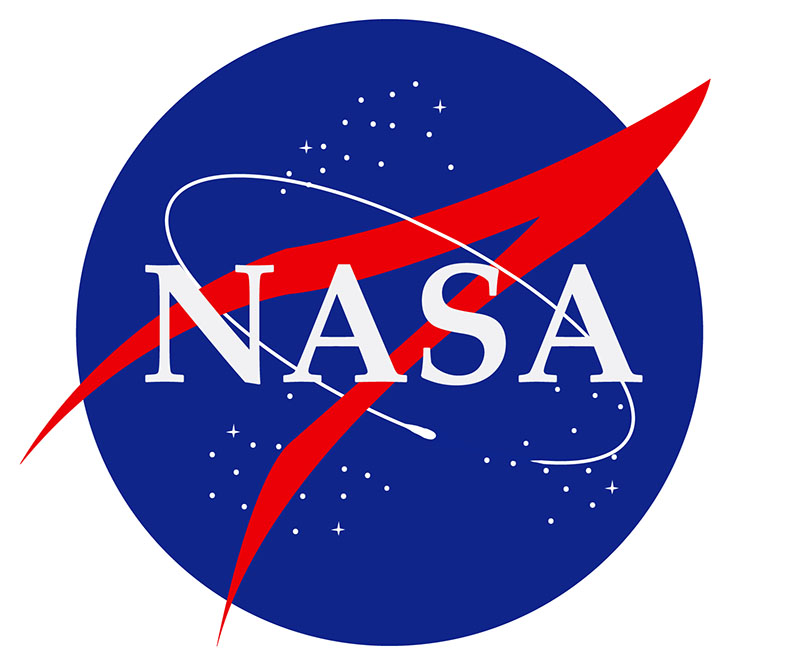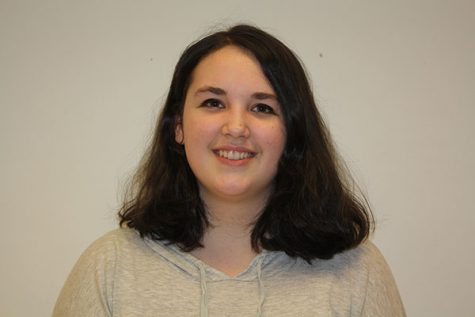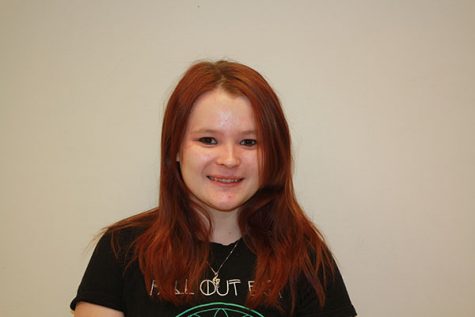Baldwin grad talks about leading NASA mission
March 9, 2017
Some Baldwin science students got to hear a presentation Wednesday about NASA’s newest mission to Jupiter’s moon Europa, given by Baldwin graduate Dr. Alberto Canguhuala.
Canguhuala is the Europa Clipper Mission system manager at NASA’s Jet Propulsion Lab. He graduated from Baldwin in 1983 and went on to earn his Phd in aerospace engineering in 1992 from MIT.
The main goal of the mission is to gather large amounts of data regarding Europa. NASA’s interest in Europa stems from the belief that Europa contains large amounts of water under its icy outer surface.
“One water world, we know really well. That’s Earth. Extensive knowledge from another water world, like Europa, would provide a second data point for scientists to compare their pre-existing knowledge to,” Canguhuala said.
Canguhuala spoke extensively of the scientific concepts behind the mission, such as the gravity-assist techniques that will be used to launch the spacecraft, the way his team plans to protect the delicate instruments on board from the high radiation areas of Europa’s orbit, and how the spacecraft has been engineered to send back the highest amount of data possible.
“The science behind this mission consists of studying Europa’s ocean and ice shell, Europa’s composition, geology, and the surface of the moon so we can identify candidate landing sites for future missions,” Canguhuala said.
Canguhuala said the craft’s 21-day launch period will occur in May 2022.
“The Europa Clipper hypotheses are based on our experience of wide-ranging systems on Earth,” Canguhuala said.
The mission will be instrumental in verifying that sciences that hold true on Earth are universal, according to Canguhuala.
Students were given the opportunity to ask questions about the mission and the physics behind space travel.
At the end of the lecture, Canguhuala cited Albert Einstein as the root of his scientific philosophy, with one of Einstein’s most famous quotes: “No amount of experimentation can prove me right. A single experiment can prove me wrong.”
Canguhuala said he was happy to be able to share his passion with students from his alma mater, and he hopes to have inspired aerospace engineers of tomorrow.




